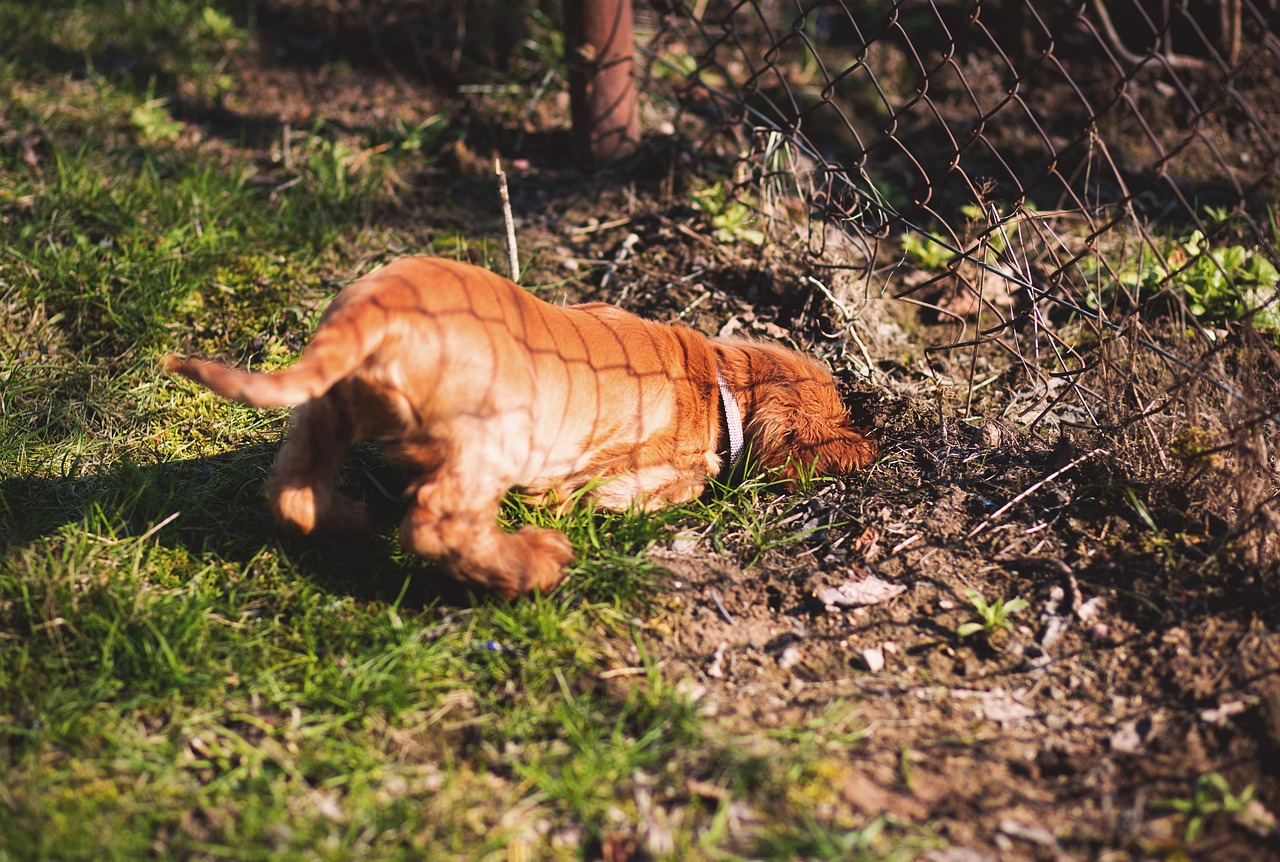Alright, dear readers! Raise your paw if you’ve ever looked deep into your dog’s eyes, felt that emotional connection, and thought, “I wonder if Fido wants a piece of this watermelon.” Okay, I can’t actually see your paws, but I’m going to assume there are a lot of them raised right now. I mean, who hasn’t wanted to share the joy of fresh fruits with their four-legged best friend?
Fruit for dogs is like the movie you think you’re not going to enjoy, but then you watch it, and it’s hilarious. Wait, what? Okay, maybe that wasn’t the best analogy. But stay with me, folks! Here’s the real tea: some fruits are great for dogs, while others… not so much. Let’s embark on this enlightening journey to discover which fruits are Fido-approved and which ones will earn you a very judgmental glare from your furry pal.
Apples: An Apple a Day Keeps the Vet Away! 🍏
Okay, maybe not entirely, but apples (sans seeds and core, thank you very much) can be a crisp and delightful treat for your pooch. Not only are they packed with fiber, vitamins A and C, but they also help to clean your dog’s teeth! Now, if only they had the same effect on our human chompers.
Pro Tip: Serve in small, bite-sized pieces. Unless you’re training your dog for an apple-bobbing contest. Then, by all means, go wild.
Bananas: Forget the Peel, Steal the Deal 🍌
Bananas are the equivalent of nature’s candy bar – sweet, tasty, and wrapped in a convenient package. However, let’s be clear: that package? Not for dogs. But the inside? A potassium-packed party! A little banana slice here and there can be a great treat.
Blueberries: Bite-sized Balls of Bliss 🫐
Want to see your dog experience the simple joy of chasing a rolling snack across the floor? Enter, blueberries. They’re antioxidant-rich and perfect for those days when you’re feeling too lazy to fetch (pun intended) a proper dog treat.
Strawberries: Sweet and Petite 🍓
Who doesn’t love a juicy strawberry? Your dog probably would too, given half a chance. Strawberries are chock-full of fiber, vitamin C, and antioxidants. But remember to serve them in moderation. You don’t want your furry friend turning into a strawberry. Or do you?
Warning: Sudden strawberry cravings while writing this part. Your experience may vary.
Grapes & Raisins: The Forbidden Fruits 🍇
Oh, you thought this was all fun and games? Here comes the plot twist. Grapes and raisins are like the villains in the story of fruits for dogs. Consuming even a small amount can lead to serious health complications. Avoid. Avoid. Avoid. If you find your dog auditioning for the role of a grape or raisin connoisseur, rush to the vet ASAP.
Mangos: The King of Tropical Delights 🥭
Ah, mangos. Sweet, juicy, and the absolute dream on a hot day. Your dog might just be a fan too! But before you let them dive headfirst into a mango paradise, remember to remove the pit. That pit isn’t just a choking hazard – it contains small amounts of cyanide. Yeah, kinda put a damper on the whole ‘paradise’ vibe, didn’t I?
Joke’s On You: If you’ve ever tried to peel a mango gracefully, you know the struggle. Now imagine a dog trying. (Actually, don’t give the mango with the skin to your dog. It might be a tad hard for them to digest.)
Pears: More Than Just Apples’ Cousin 🍐
Pears? Yes, pears. They’re good for your dog. Full of fiber, vitamin A, and vitamin C, they’re a hit in the canine world (when served in moderation). But remember to remove the seeds and core. Because no one likes an unexpected crunch.
Real Talk: If your dog could speak human, they’d probably say, “Why the pear? Why not more meat?” But trust us on this one.
Peaches and Plums: Pits are the Pits 🍑
Both peaches and plums are safe for dogs, BUT (and it’s a big but) the pits are not. They contain cyanide, which, as you can guess, isn’t exactly a recommended part of anyone’s diet, two-legged or four. So serve these fruits pitted, and in moderation.
FYI: Watching a dog eat a juicy peach? Instant mood lifter. You’re welcome.
Oranges: Citrus Surprise 🍊
Okay, first off, dogs don’t need vitamin C supplements since their bodies produce it. But an occasional orange slice? Could be a zesty treat. Just ensure you remove the seeds and peel, and maybe limit it to one or two segments. You don’t want your dog turning into an orange juice factory.
Sarcasm Alert: Yes, you can tell your friends you share mimosas with your dog now. (Just the orange part, not the bubbly!)
Pineapple: The Spikey Delight 🍍
Full of vitamins, minerals, and fiber, pineapple can be a sweet treat for dogs. Minus the spiky outer layer, of course. I mean, unless your dog is into extreme eating, but let’s play it safe.
Quick Note: The core might be a bit tough for dogs, so stick to the juicy flesh. Also, beware of sudden hula dancing urges post consumption.
Avocado: The Millennial Debate 🥑
Here’s where things get controversial. Avocado contains a substance called persin, which can be harmful in large quantities. While the fruit’s flesh has less persin and might be safe in small amounts, it’s best to err on the side of caution. Plus, with the price of avocados these days, do you really want to share?
Reality Check: Your dog probably won’t turn into an Instagram influencer after eating avocado. But hey, one can dream.
In conclusion, while our pups might often give us those big, pleading eyes every time we snack on something, it’s crucial to know what’s safe and what’s a no-no. Always consult your veterinarian, especially if you’re introducing new foods to their diet. And always remember, moderation is key – because even too much of a good thing can turn into a messy situation, if you catch my drift.
Cheers to expanding your dog’s culinary horizons and to many more fruitful adventures together! 🍎🍉🍍🍑🍊🥭🍐🍓🍌🫐🥑🍇
Pro Tips for Fruit-Friendly Dog Diets
- Check for Allergies: Just like humans, dogs can be allergic to certain fruits. Introduce any new fruit slowly and watch for any adverse reactions like itching, swelling, or gastrointestinal upset.
- Balance is Key: Remember, fruits are treats and should not replace a balanced dog diet. They should constitute no more than 10% of your dog’s daily caloric intake.
- Size Matters: Always cut fruits into manageable, bite-sized pieces to prevent choking hazards. This is especially important for small dog breeds.
- Organic and Washed: Opt for organic fruits when possible to avoid pesticide exposure. If not, thoroughly wash fruits to remove any chemical residues.
- Freeze for Freshness: Frozen fruit can be a refreshing summer treat. Freeze bite-sized pieces of dog-safe fruits for a cool snack on hot days.
- No Added Sugar or Sweeteners: Ensure the fruits are plain, with no added sugars or artificial sweeteners, especially xylitol, which is toxic to dogs.
- Ditch the Processed Fruits: Avoid canned fruits or fruit snacks that contain syrups or added sugars. Fresh or frozen fruits are the best choices.
- Monitor Portion Sizes: Even safe fruits can cause stomach upset if consumed in large quantities. Moderation is crucial.
- Fruit Mix Treats: Create a ‘fruit salad’ with a mix of dog-safe fruits for a varied and exciting treat. Just remember to keep the portions small.
- Hydration is Important: Some fruits, like watermelon, can help keep your dog hydrated. However, always ensure fresh water is available, especially when serving salty or dry treats.
- Mind the Citrus: While small amounts of orange are okay, some dogs might find citrus fruits too acidic, leading to stomach upset. Observe how your dog reacts to these.
- No Grapes, No Raisins, No Cherries: Repeating this point as they are incredibly toxic to dogs. Even a small amount can cause kidney failure.
- Consult Your Vet: Always consult with your veterinarian before introducing any new food items to your dog’s diet, especially if your dog has health issues.
Frequently Asked Questions (FAQs)
Yes, you can give your dog fruits every day, but in moderation. Treats, including fruits, should not make up more than 10% of your dog’s daily caloric intake.
Yes, never feed your dog grapes, raisins, or cherries, as they can be highly toxic to dogs. Also, avoid fruits with pits like peaches and plums unless the pit is removed.
Start with a small piece to see how your dog reacts. Monitor for any signs of allergic reaction or digestive upset. If there are no adverse reactions, you can gradually increase the amount.
Fruits can be a healthy alternative to commercial dog treats, but they should complement, not replace, a balanced dog diet. Always consider nutritional balance.
Yes, frozen fruits are safe and can be a refreshing treat, especially in warm weather. Just ensure they are free from added sugars or syrups.
Signs of an allergic reaction include itching, swelling, difficulty breathing, or gastrointestinal upset. If you notice these symptoms, stop feeding the fruit immediately and consult a vet.
Oranges in small amounts are generally safe for dogs, but lemons and other citrus fruits can be too acidic and may cause stomach upset.
It’s best to avoid feeding your dog fruit peels or skins, as they can be hard to digest and may contain pesticide residues.
If your dog consumes a toxic fruit like grapes or cherries, contact your veterinarian or an emergency animal hospital immediately.
Always wash fruits thoroughly, remove pits and seeds, and cut them into appropriate sizes to prevent choking. When in doubt, consult with your vet.



